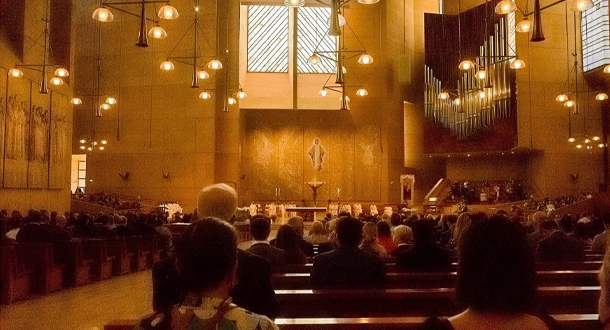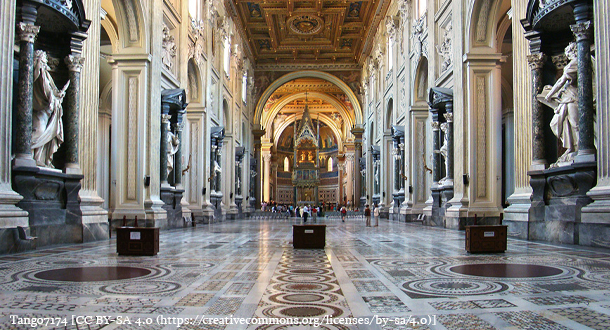
Scripture:
Revelation 5:1-10
Luke 19:41-44
Reflection:
Picture yourself in today’s gospel. You are walking with Jesus toward Jerusalem, but Jesus suddenly stops. Gazing down upon the city, Jesus begins to weep. Jesus’ sorrow breaks your heart because, standing near, you can see that his tears are born from love. As he looks down upon Jerusalem, you hear Jesus say, “If this day you only knew what makes for peace—but now it is hidden from your eyes.” Jesus grieves all the violence and bloodshed, all the suffering and affliction, all the hatred and exclusion, all the injustice and indifference. He grieves all the unnecessary pain that human beings endlessly inflict on one another. And he especially grieves all the missed opportunities to love.
But can’t we also picture Jesus looking down over cities and countries across the world today and weeping? Cannot we imagine him looking into our homes, our communities, and societies, and saying, “If this day you only knew what makes for peace—but now it is hidden from your eyes”? We know the path to peace is not found in accumulating weapons, building walls, and threatening wars. We know peace will be ceaselessly out of reach when we lash out in anger, insist on having our way, harden our hearts, seek a little revenge, and make a habit of not forgiving. But still, against our better judgment, we persist in these hopeless ways until “what makes for peace” is hidden from our eyes.
Today’s first reading from Revelation reminds us that the way to peace is not found in the attitudes, habits, and practices that are so destructively familiar to our world, but in the Lamb that was slain, the crucified and risen one who gathers together “those from every tribe and tongue, people and nation,” making all of us one. As we approach the season of Advent, we await the one whose life of mercy, justice, compassion, patient love and forgiveness reveals the true path to peace. Following him is the only way to stop breaking the heart of the God who loves us and calls us all to life.
Paul J. Wadell is Professor Emeritus of Theology and Religious Studies at St. Norbert College in De Pere, Wisconsin, and a member of the Passionist Family.







